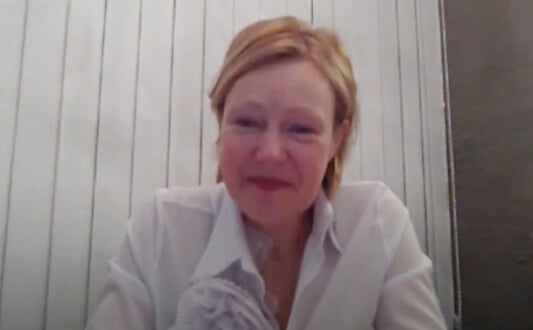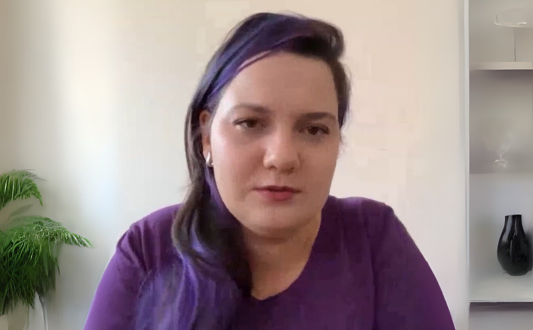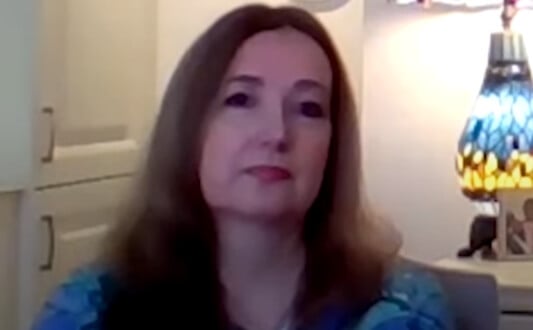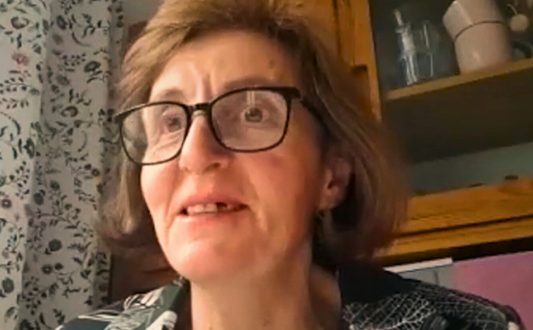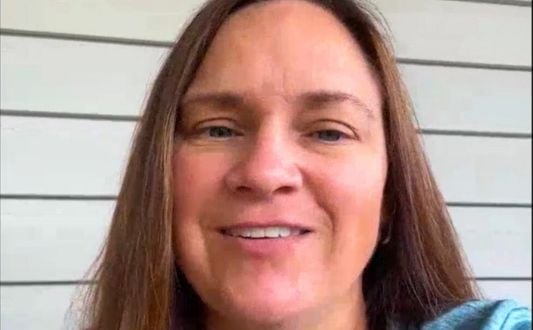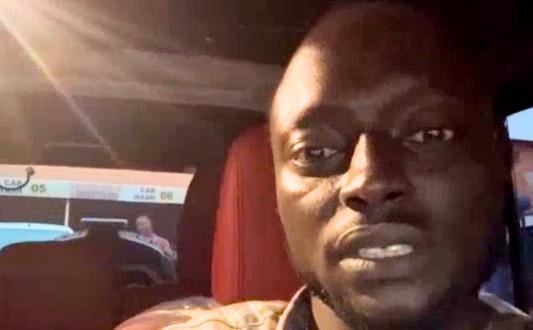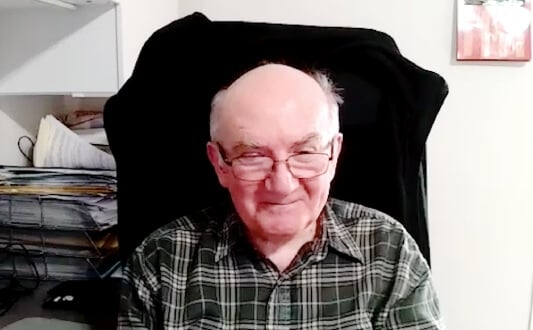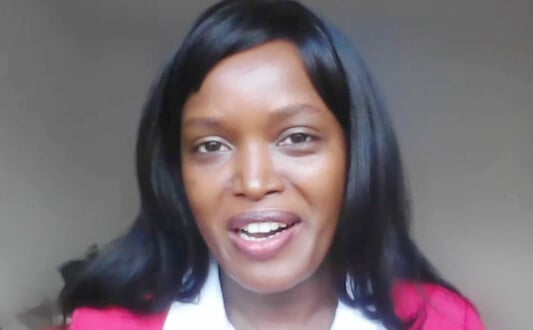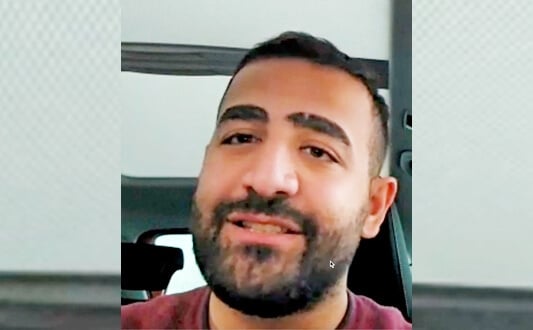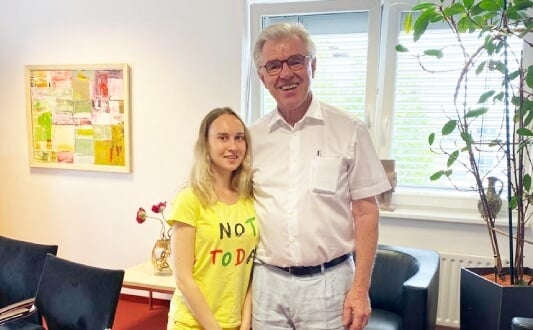رحلة آرون ناهاني: إيجاد أمل من خلال العلاج بالخلايا المتغصنة في ألمانيا
- تشخيص صادم وخيارات محدودة في الوطن
- البحث عن بدائل: البحث عن رعاية شاملة
- الفرق الذي تُحدثه Booking Health: دعم غير متوقع في أوقات الأزمات
- مقابلة البروفيسور: نقطة تحول في رحلة العلاج
- نتائج ملحوظة وأمل متجدد
- قيمة استكشاف جميع الخيارات
عند مواجهة تشخيص سرطان الدماغ الوخيم، يجد العديد من المرضى أنفسهم مقيدين بخيارات العلاج التقليدية التي قد لا تعالج جميع جوانب حالتهم. بالنسبة لآرون ناهاني وعائلته، قادهم البحث عن الرعاية الشاملة إلى ما هو أبعد من الحدود الجغرافية إلى ألمانيا، حيث أتاحت العلاجات المبتكرة إمكانيات جديدة. تُسلط قصته الضوء على أهمية استكشاف جميع خيارات العلاج المتاحة والتأثير التحويلي المترتب على طلب الرعاية الطبية المتخصصة في الخارج.
تشخيص صادم وخيارات محدودة في الوطن
بالنسبة لآرون ناهاني، تغيرت حياته بشكلٍ كبير عندما تم تشخيصه بالورم الأرومي الدبقي. شكّل سرطان الدماغ العدواني هذا تهديداً لصحته، ووضع عائلته أمام خيارات علاجية صعبة. في وطنه، لم تُوفِّر المرافق الطبية سوى إمكانيات محدودة.
"العلاج الوحيد الذي عُرض عليّ كان العلاج الكيميائي والعلاج الإشعاعي،" يشرح آرون. ما كان مُحبطاً بشكلٍ خاص هو استبعاد العلاجات البديلة التي قد تكون مُكملة للعلاجات التقليدية. حتى أن المتخصصين الطبيين لم يشجعوا بشكل صريح العلاج بالخلايا المتغصنة Dendritic cell therapy، زاعمين أنه "حتى العلاج بالخلايا المتغصنة لن يُجدي نفعاً" بسبب نتائج الأبحاث غير المكتملة أو السلبية المفترضة.
البحث عن بدائل: البحث عن رعاية شاملة
لم يكن آرون وعائلته على استعداد لتقييد أنفسهم بالعلاجات التقليدية فقط. مع تشخيص خطير مثل الورم الأرومي الدبقي، أرادوا استكشاف كل السُبل الممكنة للشفاء. "أردنا استكشاف المزيد من المعرفة، والتحدث مع متخصصين في الرعاية الصحية حول علاجات مختلفة مثل العلاج المناعي بالخلايا المتغصنة،" تشارك والدته. "لم يُعرض علينا أي منها."
هذا العزم على إيجاد خيارات علاجية إضافية دفعهم إلى البحث خارج حدودهم. أصبحت ألمانيا، بفضل سمعتها في مجال العلاجات الطبية المتقدمة وجهة واعدة. لم يكن القرار يتعلق بالاختيار بين مراكز علاج السرطان، بل بإيجاد مكان تتوفر فيه علاجات مبتكرة.
"كانت ألمانيا هي الأقرب والأسهل للقيادة إليها،" تقول والدته، موضحة الاعتبارات العملية التي أثرت على اختيارهم إلى جانب سمعة البلاد في التميز الطبي.
الفرق الذي تُحدثه Booking Health: دعم غير متوقع في أوقات الأزمات
ما بدأ كاستفسار بسيط عبر الإنترنت تحول إلى نظام دعم شامل خلال واحدة من أصعب الفترات في حياة آرون ناهاني. بعد تلقيه العديد من التعليقات السلبية حول إمكانيات العلاج، كانت توقعات آرون منخفضة بشكل مفهوم عندما أكمل النموذج الأولي لـ Booking Health.
"لم أصدق حقاً أن أي شيء سيحدث بهذه السرعة،" تعترف والدته قائلةً. "فوجئت بسرور شديد بمدى سرعة تلقينا للمكالمة، وبمدى تعاونهم."
ترك مستوى التواصل وسهولة الوصول انطباعاً كبيراً على آرون وعائلته. "بالنسبة لي، الأمر يتعلق بالتواصل طوال العملية بأكملها،" تؤكد والدته قائلة. "بدءاً من ملء النموذج، والإجابة على أي أسئلة قد تكون لدينا، وصولاً إلى الفريق أثناء وجودنا في ألمانيا، وتنظيم النقل إلى المستشفى، ومن وإلى المطار."
لعل الأهم من ذلك كله هو أن Booking Health قدمت شيئًا لا يُقدر بثمن خلال فترة عدم اليقين: الموثوقية. "الثقة بوجود شخص يمكنك التواصل معه بالفعل،" كما تشرح والدة آرون. "في كل مرة كنت اتصل بهم، كنت أتلقى دائماً رداً. كنت دائماً ما أتلقى ملاحظات، وإرشادات، وكل ما أحتاجه."
مقابلة البروفيسور: نقطة تحول في رحلة العلاج
أثبتت التجربة الطبية في ألمانيا أنها مختلفة تماماً عما واجهه آرون في وطنه. ويُعد لقاؤه الأول مع البروفيسور الذي يعالج حالته بمثابة لحظة محورية في رحلة علاجه.
"لقد كان ودوداً للغاية،" يتذكر آرون بدفء. "أعتقد أنه كان أول بروفيسور يتحدث معنا بالفعل عن التعقيدات المتعلقة بكيفية عمل الإشعاع والعلاج الكيميائي."
إلى جانب خبرته التقنية، كان لنهج البروفيسور تأثير بالغ. أخذ وقتاً لشرح الأمور بوضوح، وجعلهم يشعرون بارتياح، وحتى أنه استخدم الفكاهة لتخفيف حدة هذا الموقف الصعب. "إنه يتمتع بروح دعابة رائعة،" تقول والدة آرون،" لذا فهو يُخفف من وطأة التشخيص، الذي يُعدّ صدمة بحد ذاته. وتغادر وأنت متفائل ومليئ بالأمل، وهذا ما تحتاجه حقاً."
كما قدم البروفيسور نصائح عملية حسّنت زياراتهم اللاحقة. في البداية، قيل لآرون أنه لا يستطيع ركوب الطائرة، مما يستلزم القيادة لمسافة طويلة إلى المستشفى. "عندما تحدثنا مع البروفيسور، كان يشرح لنا أنه بإمكاننا السفر بالطائرة،" يقول أحد أفراد عائلة آرون. "لذلك في المرة التالية التي ذهبنا فيها للحصول على اللقاح، سافرنا بالطائرة بالفعل، وكانت الرحلة أسهل بكثير."
نتائج ملحوظة وأمل متجدد
أدى الجمع بين العلاجات التقليدية والعلاج بالخلايا المتغصنة Dendritic cell therapy إلى نتائج مُبهرة لآرون ناهاني. "انكمش الورم لدي بشكل ملحوظ بالفعل،" يقول آرون بارتياح واضح.
الطبيعة الشاملة للعلاج كانت مهمة بشكلٍ خاص نظراً لتعقيد حالته. "نظراً لأنه ورم أرومي دبقي متعدد الأشكال، فهو لا يصيب منطقة واحدة. إنه يُغطي جزءاً كبيراً من دماغه،" تشرح والدة آرون. "تُظهر نتائج التصوير بالرنين المغناطيسي الواسعة التي حصلنا عليها أن أجزاءً صغيرة من هذا الورم كانت منخفضة الدرجة، وأجزاءً أخرى عالية الدرجة. تقلصت المناطق منخفضة الدرجة بشكل ملحوظ. وكذلك الورم عالي الدرجة، الموجود في الفص الجبهي، تقلص أيضاً."
إلى جانب الانخفاض المادي في حجم الورم، شهد آرون تَحسُنات عصبية أيضاً، على الرغم من استمراره في تناول جرعات مداومة من العلاج الكيميائي.
قيمة استكشاف جميع الخيارات
بالنسبة لآرون وعائلته، لم يكن قرار البحث عن العلاج في الخارج مجرد إيجاد الشفاء – بل كان يتعلق باستكشاف كل السُبل الممكنة لتحسين فرصه وجودة حياته.
"بالنسبة لنا كعائلة، وخاصةً كأم، حتى لو لم تكن النتائج كما كنا نأمل، أردت استكشاف كل شيء،" تُشارك الأم. "العلاج بالخلايا المتغصنة لن يشفي كل شيء، لكن من المحتمل بالتأكيد أنه سيمنع التكرار. وأيضاً يُحسّن الصحة العامة أثناء خضوع المرضى لعلاجات مختلفة."
يبدو أن هذا النهج التكميلي ساعد آرون على تجاوز العلاجات التقليدية الصعبة. "كان الأمر مُرهقاً للغاية – ستة أسابيع، و 51 جلسة من العلاج الإشعاعي للدماغ هذا كثير جداً،" كما توضح والدته. "خلال تلك الفترة، كان يشعر بالدوار قليلاً، كما هو متوقع. لكنه حافظ على كل شيء آخر. لم يُعاني من مشاكل في النطق، أو الأكل، أو الشرب. لذا نشعر جميعاً أن العلاج بالخلايا المتغصنة قد ساعده بالتأكيد."
رحلة آرون ناهاني من خطة علاج محدودة في وطنه الأصلي إلى الرعاية الشاملة في ألمانيا تُجسد أهمية طلب آراء ثانية واستكشاف علاجات مبتكرة. من خلال دعم Booking Health، لم يجد آرون العلاج فحسب، بل وجد الأمل أيضاً – ربما أقوى دواء على الإطلاق.
